Electric piano and electronic organ are two common electronic keyboard instruments, both of which have unique sounds and functions. This article will explore the timbre characteristics of electric pianos and electronic organs and help readers understand the differences between them so that they can make informed decisions when choosing.
1.The characteristics of the electric piano timbre
An electric piano is an electronic instrument that simulates the tone of a piano, which is designed to simulate the timbre and expressiveness of a real piano. The following are the characteristics of the electric piano tone: Realistic Sound: Electric pianos capture the timbre of a real piano through sampling technology and reproduce it using a built-in sound source. High-quality electric pianos can produce realistic piano tones with rich resonance and dynamic response. Expressiveness: Electric pianos usually have pressure-sensitive keyboards that express the volume and expression of notes based on changes in the player's dynamics. This gives the player more delicate control over timbre change and expression. Playing experience: The keyboard design and tactile strength of the electric piano simulate the touch of a real piano, so that the player can get a closer experience to a real piano when playing.
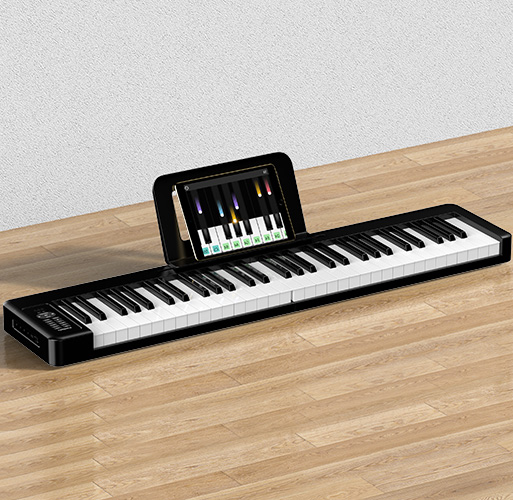
2.Features of the timbre of the electronic organ
The Terence keyboard is a versatile electronic keyboard instrument with a wide range of timbre and features. The following are the characteristics of the sound of the electronic organ: Diverse timbre options: Electronic organs often have a variety of preset tones, covering the analog sounds of various instruments, such as piano, organ, synthesizer, strings, etc. Players can choose different timbre to play according to their needs. Tuning freedom: The electronic organ allows the player to make timbre adjustments according to personal preferences, such as volume, tone, sound effects and other parameters. This provides greater tonal freedom and a personalized playing experience. Practicality and portability: Electronic organs are generally lightweight and portable, suitable for stage performances and mobile occasions. Its versatility makes it the choice for a variety of musical styles and scenes.
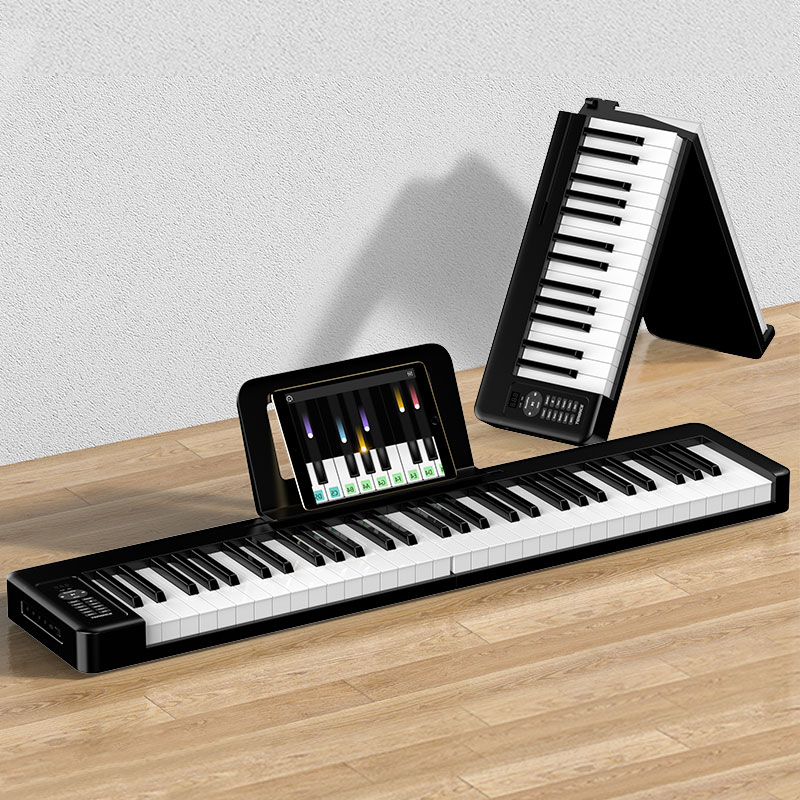
3.The difference between an electric piano and an electronic organ
Timbre characteristics: The focus of electric piano is to simulate the timbre of the real piano, and strive for realism and expression; Playing experience: The keyboard design and tactile strength of the electric piano simulate a real piano, providing a playing experience closer to a real piano. The keyboard of the keyboard may be lighter and lighter to the touch, suitable for quick play and skill display. Uses and occasions: Electric pianos are more suitable for musicians and students who are looking for authentic piano sounds and playing experience. It is widely used in homes, schools, performance occasions, etc. The electronic organ is more suitable for players who need a variety of timbre and portability, especially pop, jazz, electronic music and other styles. Cost and maintenance: In general, high-quality electric pianos are more expensive, while electronic organs can provide more timbre and feature options at the same price point. In addition, electric pianos usually require regular tuning and maintenance, while electronic pianos do not require frequent tuning and string maintenance.
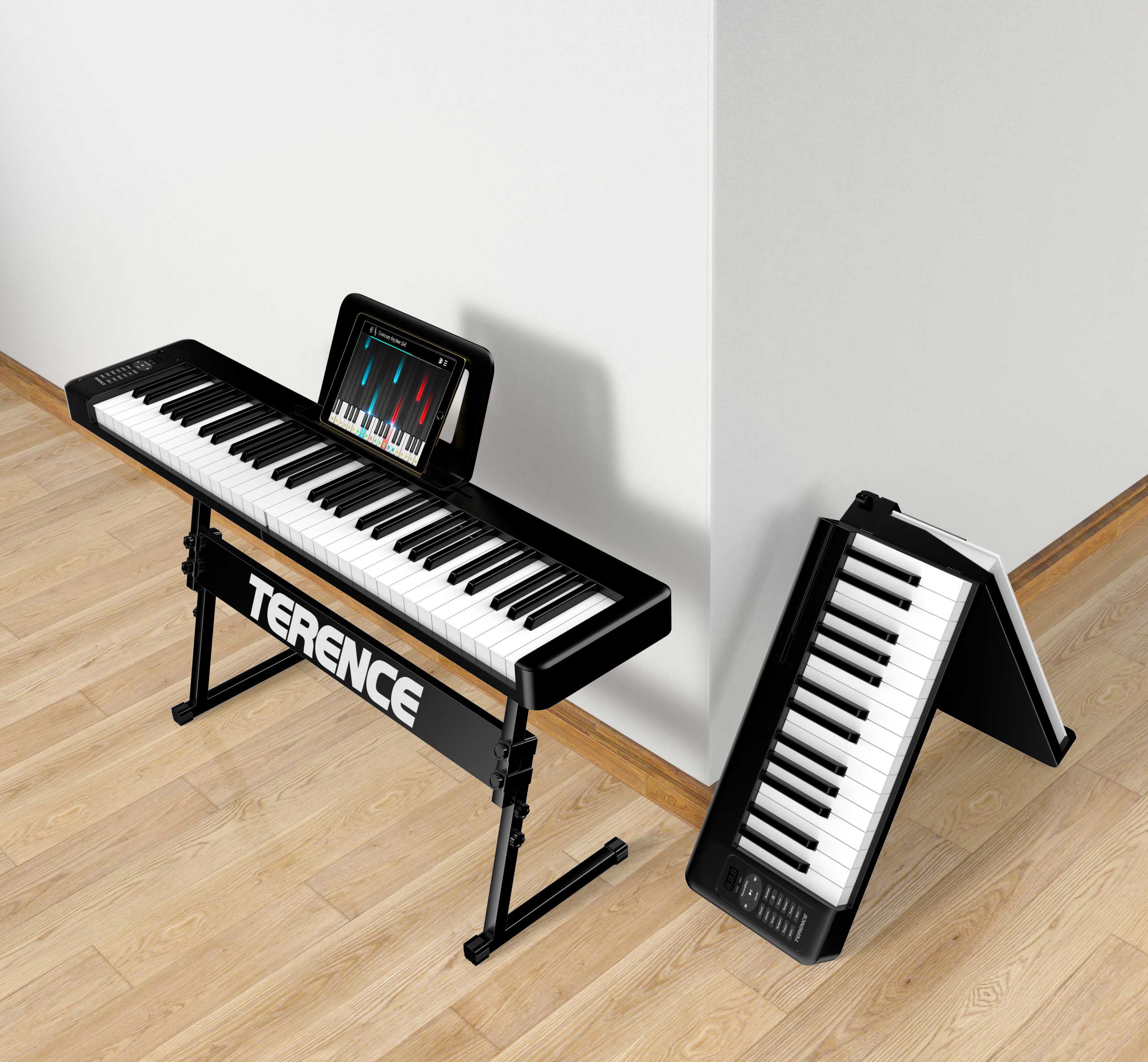
Terence Conclusion: Both electric pianos and keyboards have unique timbre and characteristics, and the choice depends on personal preference, musical style, and use case. If you are looking for realistic piano sounds and playing experience, and are interested in playing classical music, electric piano is a good choice. If you need more tonal options, practicality and portability, and adaptability to multiple musical styles, the keyboard may be for you. Most importantly, according to your personal needs and budget, choose the instrument that suits you and enjoy the music. No matter which instrument you choose, the most important thing is to play it with your heart and express the emotions and soul of the music.
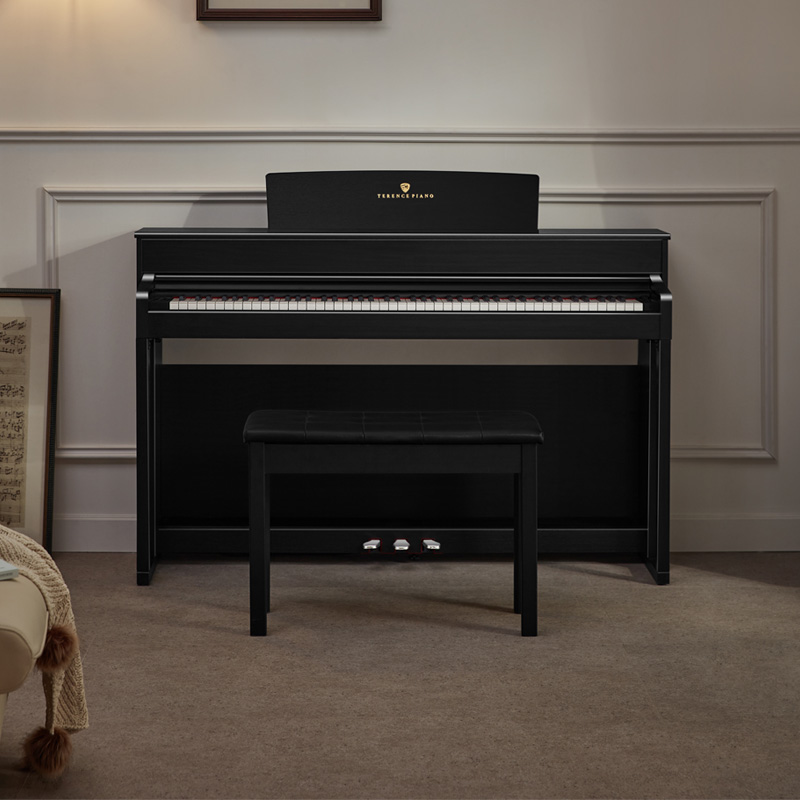
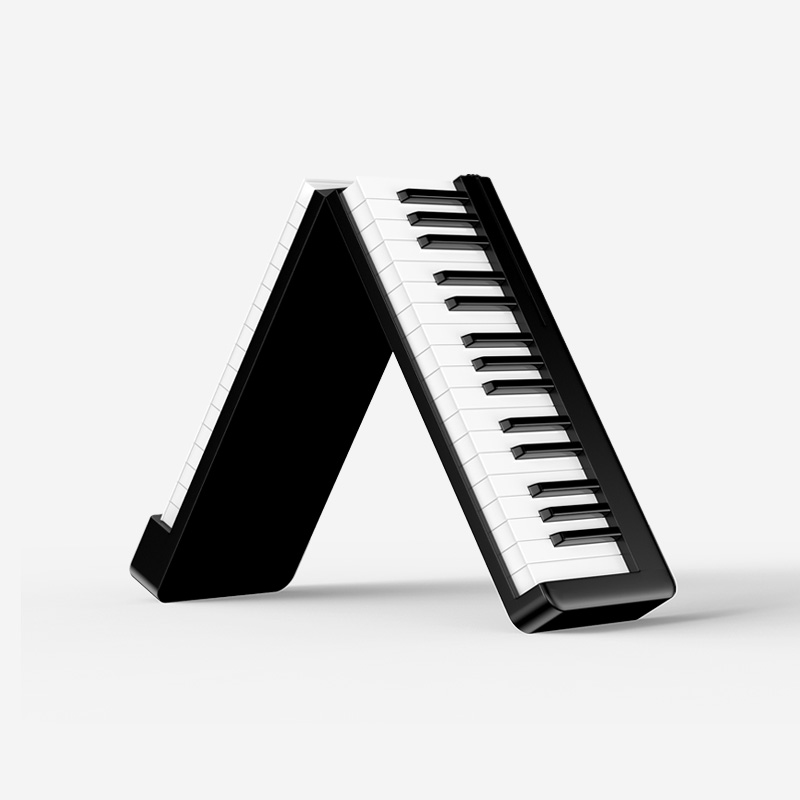






 Select Location
Select Location